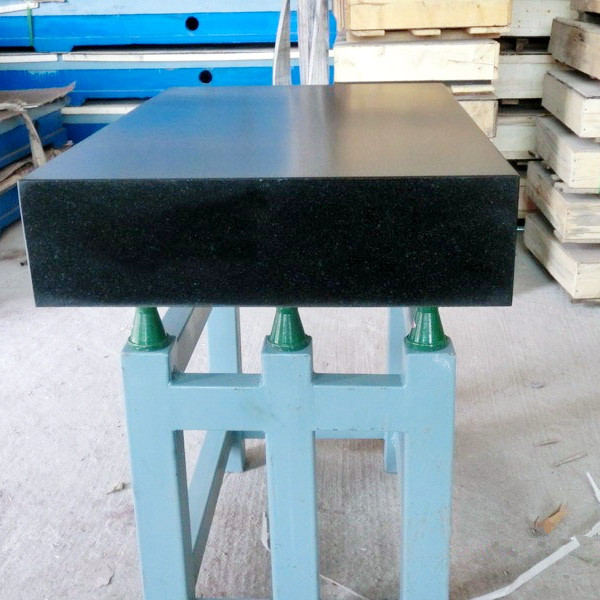nóv . 05, 2024 03:55 Back to list
trapezoidal screw thread
Understanding Trapezoidal Screw Threads
Trapezoidal screw threads are a specialized design used extensively in machinery and automation. Characterized by their trapezoidal cross-section, these threads provide several advantages over traditional threads, making them ideal for applications that require efficiency and precision.
The design of trapezoidal threads features a flat crest and a major and minor diameter that is wider than that found in conventional V-threads. This unique shape allows for a larger contact surface area, which helps distribute the load more evenly across the thread. This distribution minimizes wear and tear, leading to a longer lifespan for both the screw and the nut it interacts with. Such characteristics make trapezoidal screw threads particularly suitable for lead screws in linear motion systems, where durability and reduced friction are paramount.
One of the primary benefits of trapezoidal screw threads is their ability to handle significant axial loads while maintaining stability. When used in vertical applications, such as lifts and jacks, they provide excellent vertical load bearing capabilities. This is especially useful in industrial environments where heavy machinery is employed. Moreover, due to the shape of the thread, trapezoidal screws can also achieve higher efficiency in transmission compared to their traditional counterparts. This efficiency results in less energy wasted as heat during operation, further enhancing their performance.
trapezoidal screw thread

Another key aspect of trapezoidal screw threads is their precision. The standardized profiles of these threads allow for easy interchangeability, facilitating repairs and replacements in machinery without significant alterations. This is particularly advantageous in manufacturing and automation systems, where downtime can lead to significant losses. The smooth, consistent movement of trapezoidal screws also supports high-speed operations, enabling increased productivity in assembly lines and other industrial applications.
Additionally, trapezoidal screws can be produced in various materials, including steel, stainless steel, and plastics, allowing for versatility in application depending on the required strength and corrosion resistance. The choice of material can significantly affect the performance and suitability of the screw thread in specific environments, ranging from highly corrosive to high-heat conditions.
In conclusion, trapezoidal screw threads offer a combination of strength, efficiency, and precision that makes them a preferred choice in many mechanical applications. Their unique geometry and manufacturing flexibility cater to diverse industrial needs, ensuring that they remain an integral part of modern engineering solutions. Whether in cranes, conveyor systems, or CNC machines, trapezoidal screw threads continue to play a crucial role in advancing technology and enhancing operational performance.
-
Why the Right Angle Ruler Reigns in MetalworkingNewsJul.21,2025
-
The Enduring Allure of Granite Boxes in Modern InteriorsNewsJul.21,2025
-
The Digital Gauging Revolution: Reshaping Thread Rings Inspection's FutureNewsJul.21,2025
-
How Modern Inspection Platforms Transcend Surface MeasurementNewsJul.21,2025
-
How Customization Drives Wholesale Success in Parallel RulersNewsJul.21,2025
-
Fortifying Permanent Steel Ground Anchors Against Corrosion's OnslaughtNewsJul.21,2025
Related PRODUCTS









